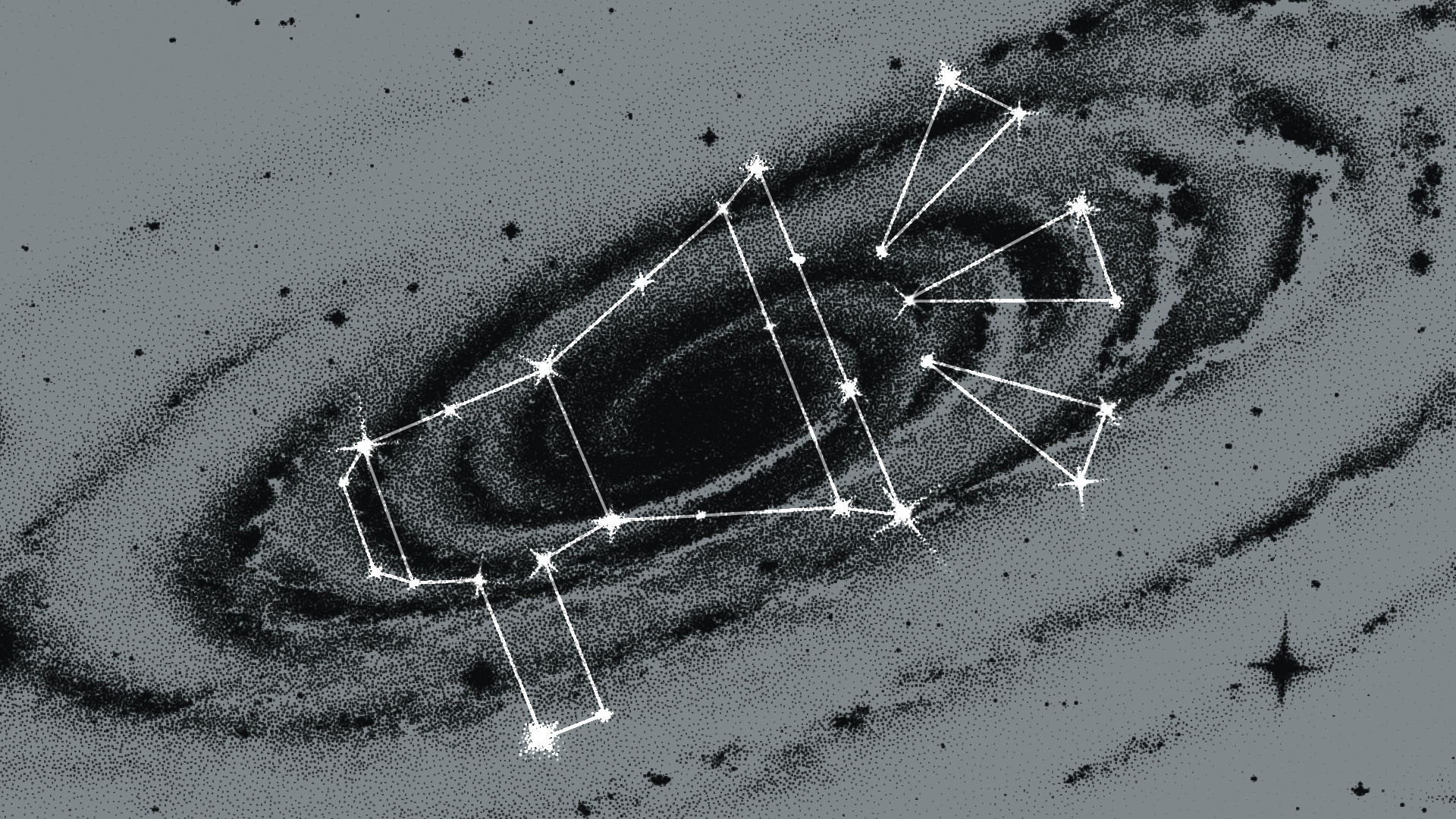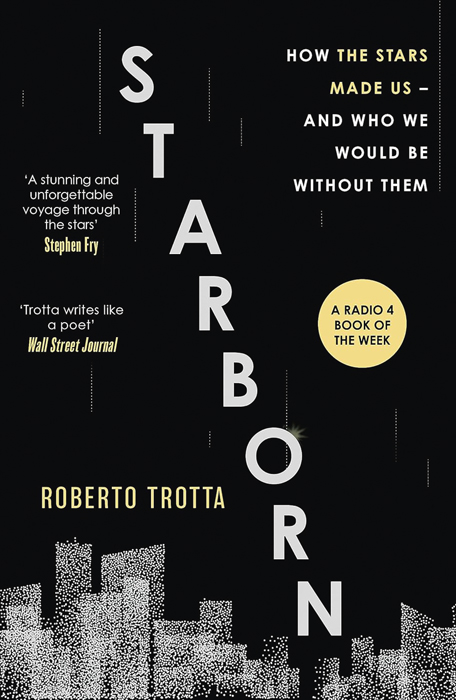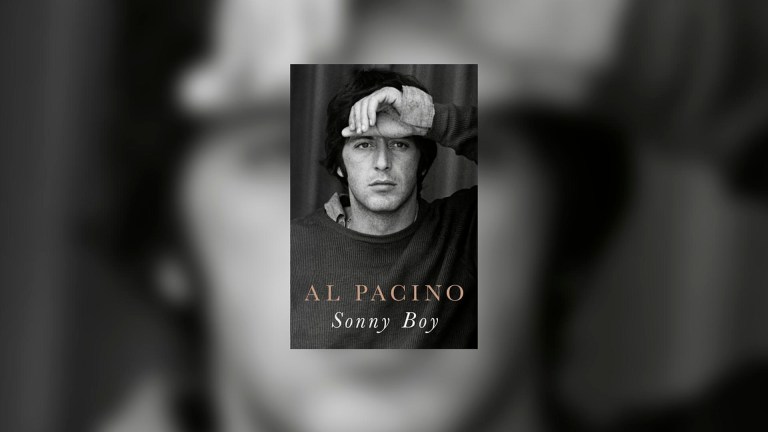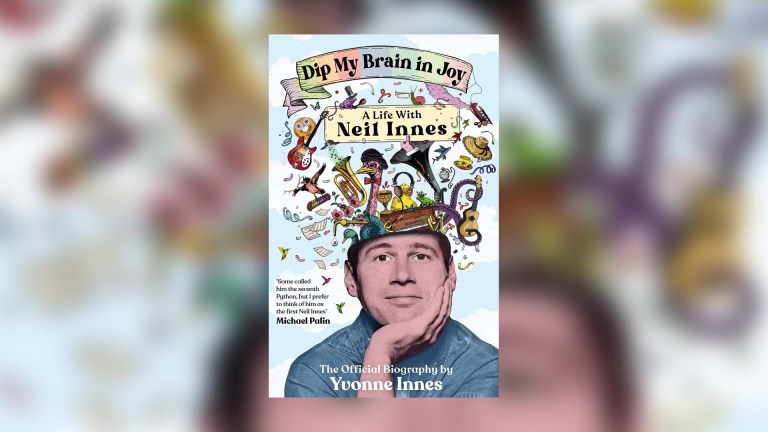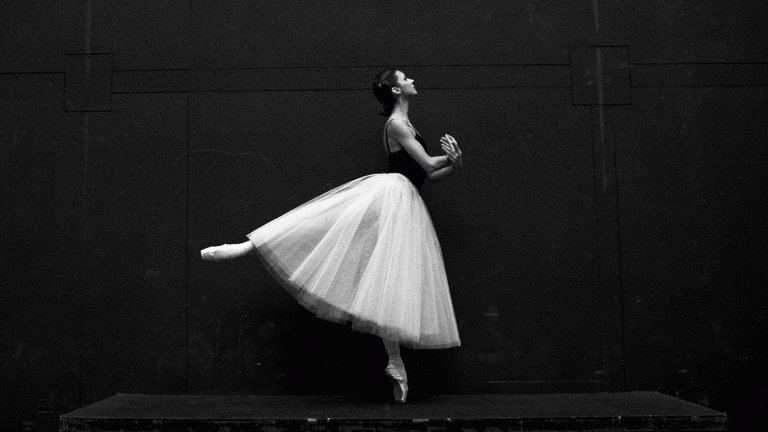American naturalist William Beebe, considered one of the founders of ecology, tells of an astronomical rite he used to follow with colonel Roosevelt in his home on Long Island. After an evening of discussions “around the fringes of knowledge”, Beebe and the future president of the United States would go out into the night and search for the Andromeda galaxy, a smudge of light easily missed even in the utterly dark skies of the 1890s, and the most distant object in the universe visible with the naked eye.
When they had contemplated Andromeda at some length, one of them would recite:
That is the spiral galaxy of Andromeda.
It is as large as our Milky Way.
It is one of a hundred million galaxies.
It is 750,000 light-years away.
It consists of one hundred billion suns, each larger than our sun.
What would we lose if we could not stargaze? Or indeed, what did we lose, now that the “perpetual presence of the sublime”, as Emerson called the stars, is hidden by the orange haze of light pollution for most of us?
- It’s my job to search for extraterrestrial intelligence among the stars. This is what I’ve found
- An interstellar, alien meteor collided with Earth. This is what happened
To understand the role that the stars have played in the making of our species, we must imagine how different we would be had we been fated to live on a planet without stars – one covered in clouds everywhere and all the time. Without a clear sight of the night sky, our ancestors would not have been able to use the stars for navigating, both overland like native peoples of Australia used to do, nor across the vast expanse of the Pacific Ocean, where Polynesian master navigators regularly undertook the 4,000-miles-long trip between New Zealand and Tahiti.
Without the phases of the moon following a 29.5-days long cycle, ancient calendars – all moon-based – would not have been invented. A prehistoric baboon bone from 17,000 years ago featuring 29 human-made notches appears to be one of the very first such time-keeping devices, which might have been used to keep track of both the moon and the female cycle at the same time. This would make of women not only the first astronomers, but also the first mathematicians.
